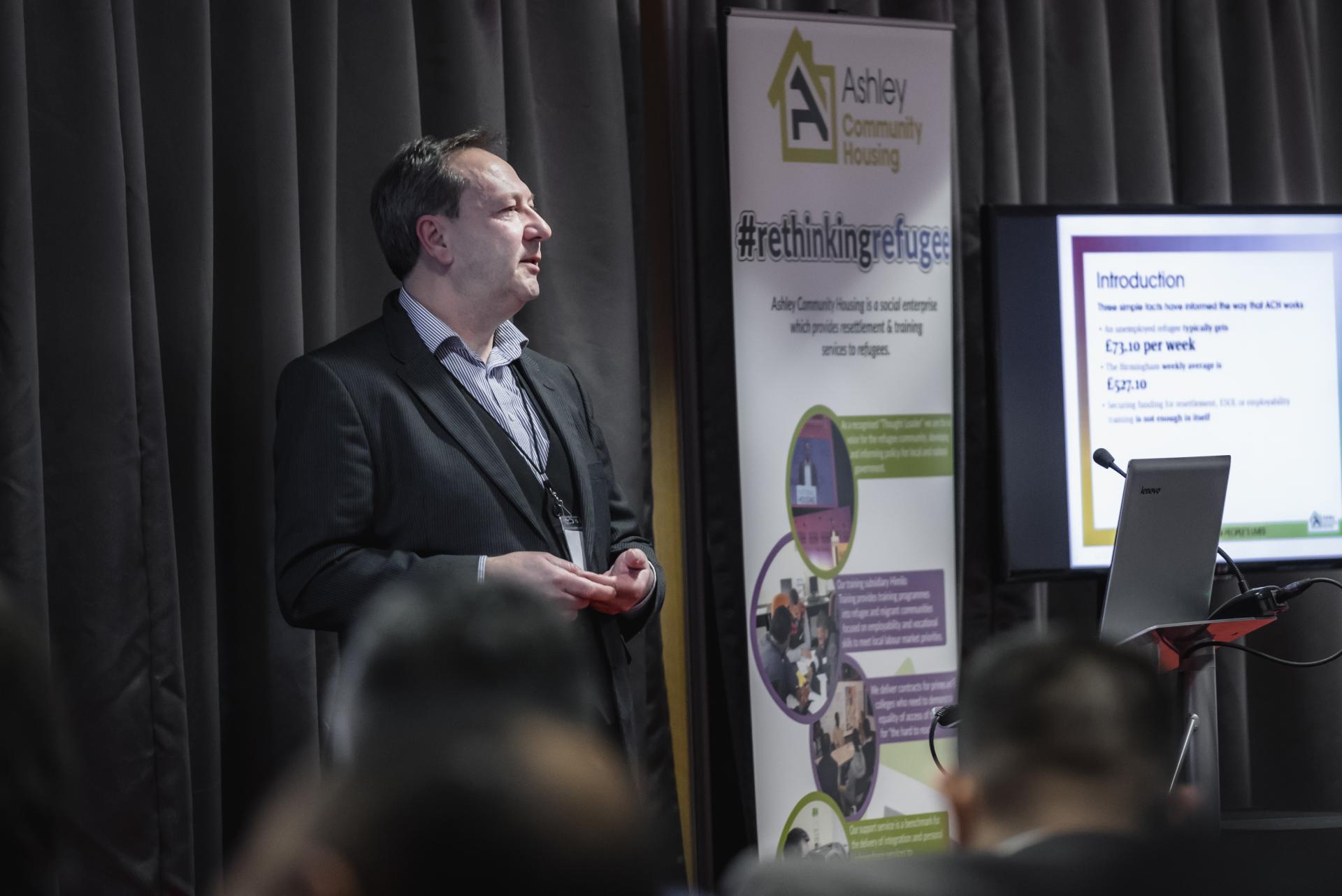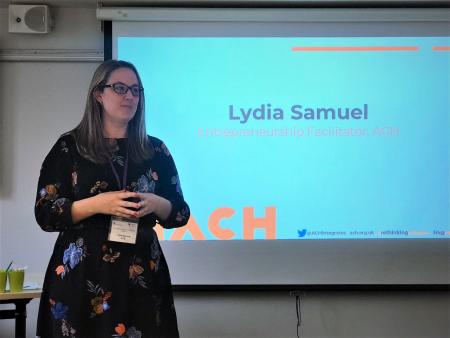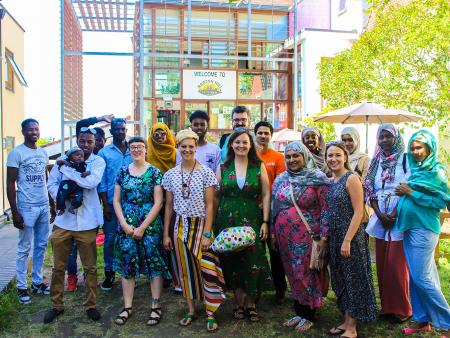
Creating a 10 Year Plan
In 2011, if you had told me my future would be very much focused on refugee resettlement policy, I would have probably said you were wrong.
Fast forward to 2017 and I am currently fine-tuning the key concepts behind the development of a ten year plan to bring race equity to refugee resettlement and integration, and social justice firmly to the forefront.
So what does it entail, what lies behind it, and what will make it a success?
To begin with, a change to the current system is increasingly necessary, and ACH is in an ideal position to make that change. Three key facts show that the time is right:
- In today’s political climate, with the effects of Brexit and President Trump on most minds, there is a pressing need to turn around the harmful dialogues both of hostility and of pity that surround refugees. Even from the side of humanitarian help, the focus on refugees as disadvantaged, with multiple barriers, has seen them as just that.
- With our experience and expertise on refugee resettlement, and our perspective on national and local policy agendas, ACH currently has the staff capability to implement an informed and effective long-term plan.
- Our #rethinkingrefugee campaign has already made great steps in changing the narrative surrounding refugees over the past 2 years, and it is still evolving. Our current work, with its focus on challenging negative perceptions among employers, education providers and local authorities, aims to connect refugees with opportunities for quality employment and training.
This is where my ten year plan comes in. Not to patronise or offer short-term aid, but to ensure refugees can become friends, work colleagues, professional peers, a source of inspiration and a key part of the economy.
Shared social and economic value
When creating such a plan, however, the first problem lies with funding, as typical models are too limited for a long-term approach. Navigating funding streams is too time-consuming to maximise impact. Stitching together contracts means you lose control of your impact data, and swamp frontline staff with paperwork. Bending policy to get direct funding is fraught with difficulty, reliant as you are on incumbent patronage which can disappear as soon as you say ‘favourable redundancy terms’. So what is the solution?
To become a social business with shared value at its heart, not just social value or social impact, but a full commitment to making business opportunities out of societal change and adding value upstream and downstream within your supply chain, whilst maximising the collective impact capability of your community ecosystems. Which, of course, is a mouthful, but it has been well researched by FSG in the USA. It’s about creating a system that meets very focused needs, rather than trying to create lots of projects to meet lots of needs.
An example of one such system can be seen in Walmart’s 2013 initiative to reduce both their greenhouse gas emissions and their packaging costs. After encountering difficulty sourcing recycled plastic, the company became aware of a lack of recycling systems across the US, which individual organisations could not contend with alone. By working collaboratively with various organisations, from city managers to financial experts, Walmart were able to introduce a new recycling industry to cities where none previously existed, while at the same time creating hundreds of employment opportunities, and cutting costs themselves.
By establishing a system that brought about significant environmental progress, Walmart itself and the communities involved were all able to benefit economically and societally.
In Bristol, there is a looming skills shortage, as well as uncertainty over how many EU nationals businesses can retain. At the same time, there is an ESOL/Employability system that ill-prepares refugees to benefit from a thriving economy. Worse still, it is a system that over the last 20 years plus has entrenched poverty amongst newly arrived communities by only progressing their members towards entry-level jobs, and maintaining significant disparities in unemployment between communities.
This is where we come in. Increased retention and productivity represent quantifiable savings to business, whilst increased skills and quality employment contribute to optimal economic and societal outcomes. Social businesses like ACH are a key part of the system change required to bring about social justice.
The next ten years
My plan, then, is to initiate and be a part of that change. Over the next ten years, ACH will be working with 25,000 more refugees, not simply helping them into entry-level jobs, but aiming for progression to median-salary positions. To do so, we have produced a Theory of Action focused on the following:
- Start more businesses
- Grow more small businesses
- Grow more jobs
- Support more businesses to employ more
However, simply to dictate a programme of our own creation would be to ignore the needs of the community we are aiming to help. An approach has to be designed not independently, but alongside the various organisations and representatives who have direct knowledge and experience of the problems we address.
What we can do is identify the right people to work with us. By building connections based in trust and communication, we can contribute our own expertise to a collective of knowledge and shared vision. Using the strength of these relationships, we can initiate societal progress that creates value for all those involved.
This is where our #rethinkingrefugee shared value and collective impact programmes come into their own. Over the next 2 years we will be building the local and national partnerships required to ensure we deliver on our goals to prepare the ground for a massive system change that our partners will be proud to be part of.

